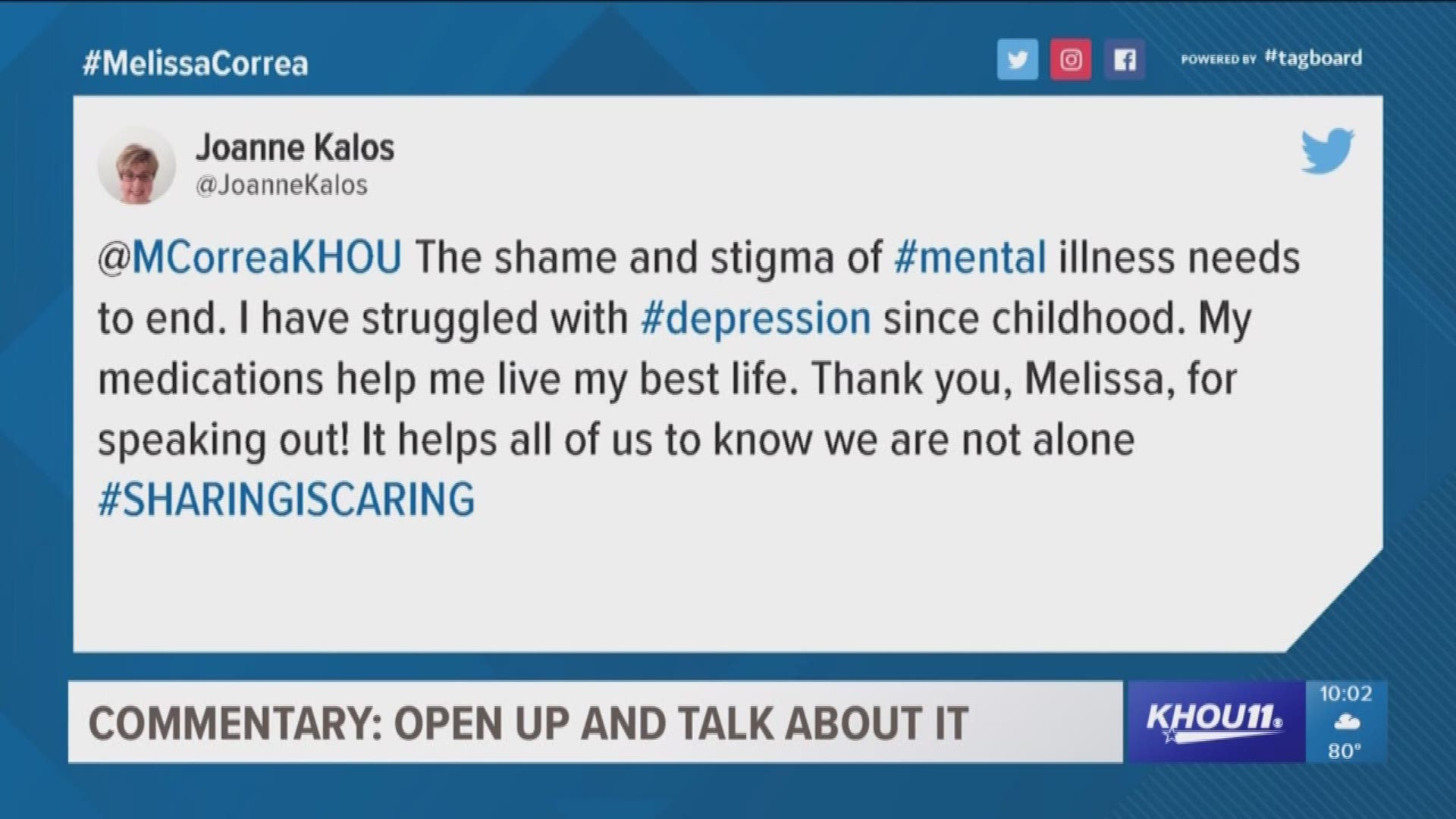When your back hurts or you get a headache, what do you usually attribute it to?
What about when you get a stomachache, shortness of breath, or heart palpitations?
If you’re like most people, you probably think your issue is due to a physical ailment. That might not be completely accurate, though. Why?
It’s because what you’re experiencing physically could be a result of mental or emotional issues. That’s right – we can have physical symptoms of mental illness.
How is this possible? And how can you tell if your symptoms are of physiological or psychological origins?
Mental Health vs. Physical Health – Is There Really a Link?
Isn’t it amazing to think that your physical health can have a direct impact on your mental health, and vice versa?
Researchers have been studying the effects of mental health conditions on patients’ physical and mental health for decades.
Unfortunately, the link between physical and mental health is not always clear. However, researchers have found that there are intrinsic links between the two.
For example, patients with severe coronary artery obstructions often present with some form of depression.
Studies also show that patients with chronic physical illness are three times as likely to have depression.
You might be thinking: Well, of course they have depression! They have a chronic illness, for goodness sake.
Researchers have taken this into consideration as well. And what they’ve found is that, while chronic illness can contribute to depression, depression can also precede the physical illness.
But it isn’t just depression that can lead to physical symptoms.
When our emotions – like anger and sadness – are not dealt with, the body is adversely affected.
For instance, when patients have excessive anger, stress hormones are released, including cortisol and adrenaline.
These hormones increase a person’s blood pressure. Over time, uncontrolled anger can result in chronic high blood pressure, heart disease, anxiety, insomnia, headaches, and digestive issues.
Physical Symptoms of Mental Illness: What You Can Do About Them
Now that you know your physical discomfort may be a direct result of emotional issues or mental illness, what can you do about it?
1. Get Plenty of Physical Exercise
One of the physical signs of mental illness is pain throughout the body. Exercise can help alleviate your discomfort.
You don’t need to go full-out with intensive cardio and weight training, though.
Something as simple as going for a walk around town or in the woods can do a world of good, both for your psyche and your body.
Regular exercise can improve your mood and reduce anxiety-inducing stress hormones.
2. Eat a Nutrient-Dense Diet
If you notice physical symptoms of mental illness, one of the contributing factors could be nutritional deficiencies.
A study published in November 2017 showed that nutritional deficiencies are linked to schizophrenia, particularly Vitamin D and folate.
Other studies, reported on by U.S. News & World Reports, explain that certain deficiencies can lead to tiredness, impaired brain function, irritability, and depression.
3. Learn to Express Your Feelings in a Healthful Way
One of the worst things you can do for your health is to keep your emotions bottled up.
Unfortunately, this is something that many people are discouraged against. Since childhood, they’ve been taught that expressing their anger, fear, or sadness – anything deemed “negative” – is something that should not be done.
Holding our feelings inside, though, is just one way they can end up festering out of control. If we don’t talk about them and get them out into the open, eventually they’ll blow up. The result could be an emotional breakdown or a physical ailment.
While your family members might not be open to you sharing your feelings right away – or in some cases, ever – that doesn’t negate your need to talk about them.
Find a counselor, coach, therapist, doctor, or religious advisor to talk with openly and regularly about how you’re feeling.
Proper Diagnosis and Treatment – How Houston Behavioral Healthcare Hospital Can Help
Sometimes, what we’re feeling goes beyond something we can take care of on our own.
If you’re dealing with uncontrollable anger, deepening depression, substance abuse, or some other emotional pain, consider getting help from Houston Behavioral Healthcare Hospital.
Not only can the experienced team of professionals explain the link between physical and mental health, they can help you do something about it.
We offer intensive inpatient and outpatient programs.
Each of these programs is a system that allows us to accurately diagnose mental health issues and treat them successfully.
Both your physical and mental health are important to us and we’ll do all we can to get you onto the path of improved health and wellness.
Don’t Just Bear Your Pain or Discomfort – Get the Help You Need Right Away
Over the past few years, more people are learning the facts about mental and emotional health conditions. This is reducing the stigma associated with them, but there’s still some work around this that needs to be done.
We understand, then, when people are hesitant to get the help they really need or even to simply inquire as to whether they need support or not.
But we urge you to talk to a professional if you’re experiencing pain, whether it’s physical or emotional.
Pain is your body’s way of telling you that something isn’t right, that something needs attention.
It’s like when the check engine light goes on in your car. What’s your first inclination? It’s to take your car to a professional to have it evaluated, right?
The same is true of your health. If you experience physical and/or emotional pain or discomfort – get some professional help.
Rest assured that you can get relief. With a little bit of help, you can reduce your pain and improve your physical and mental health.
Are you curious about whether you need professional emotional support? We invite you to review our FAQs page to answer your general questions. But we also welcome you to fill out our contact form to request a consultation.



